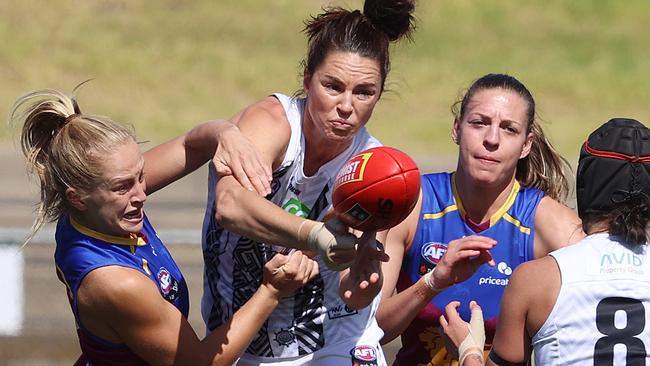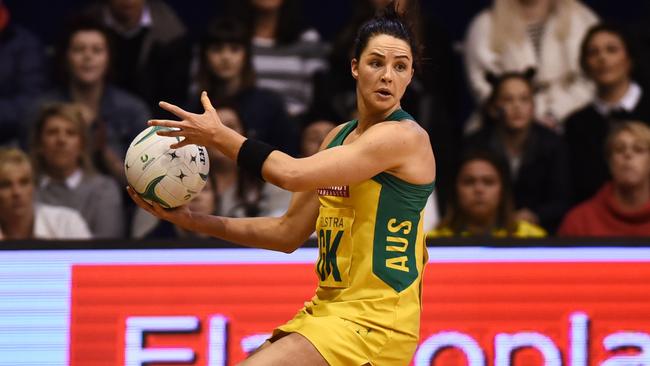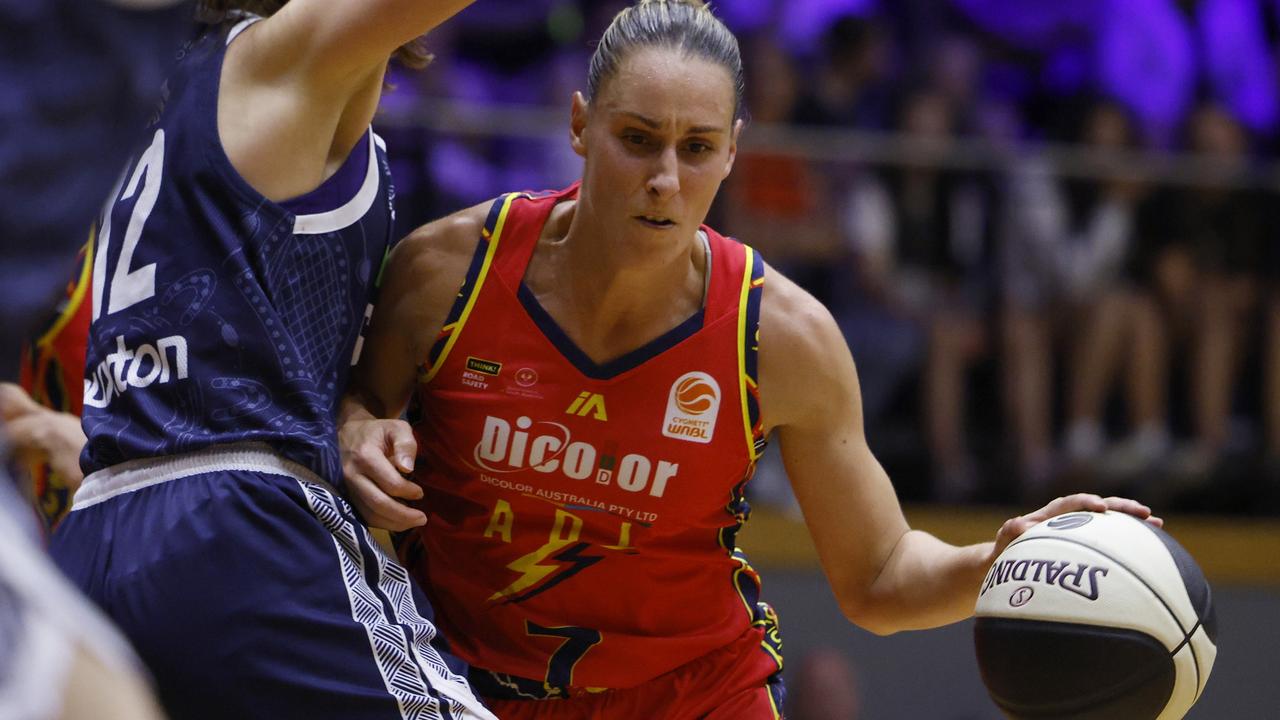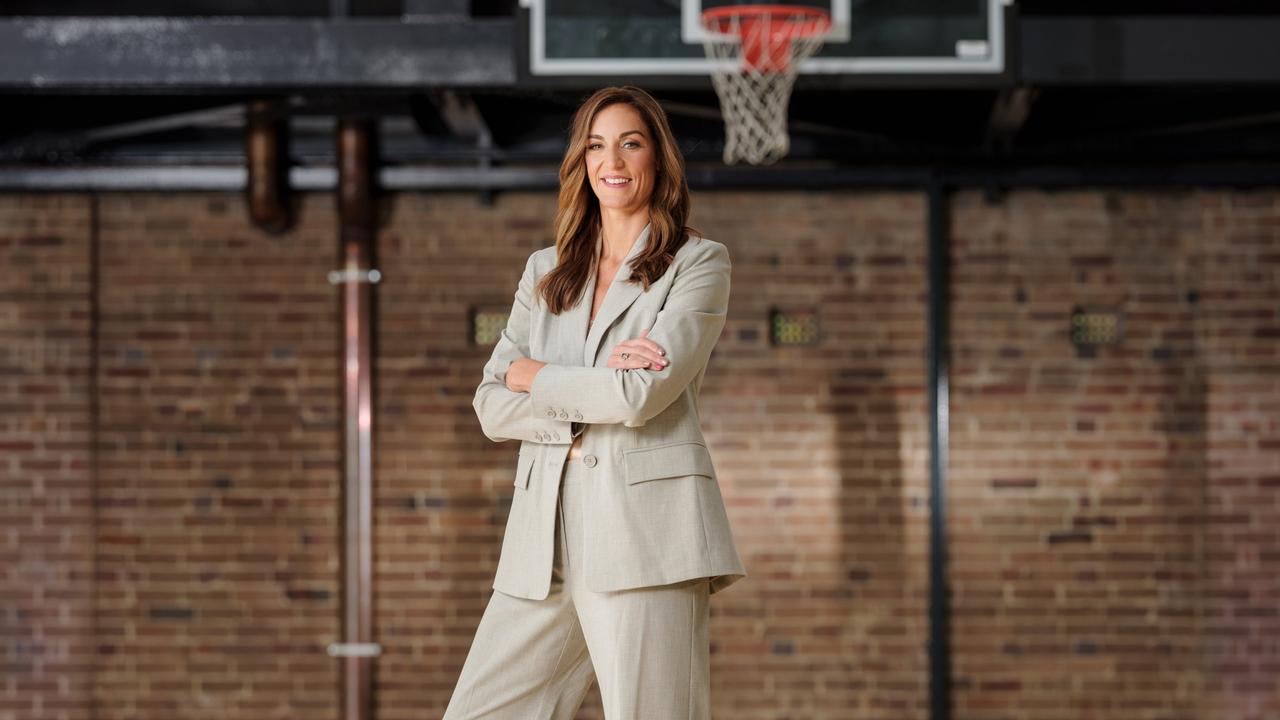Insight Sport equal pay edition: Equality isn’t a privilege, it’s a right
It is time for women’s sport to be brave and stop thinking ‘what if’. Insight Sport guest editor Sharni Norder explains the dilemmas players face and why codes need to stop living in a box.
Insight
Don't miss out on the headlines from Insight. Followed categories will be added to My News.
International Women’s Day. Equality. Equity. What role does sport play in defining these words and bringing about action and change?
What does equality mean to people? What do we want as athletes and as human beings? And why are there so many misconceptions around it?
There are so many questions to answer, and while some action has been made, there still seems to be more talking the talk than walking the walk.
“They don’t bring in enough money to be paid full time” – even I, a women’s activist, an outspoken retired athlete, have been caught in the trap of saying these words and focusing my attention on what we “need” to do to catch up.
But how do we catch up with more than a century’s handicap?
The men’s Victorian Football Association, which became the VFL, started in 1877 but the first women’s competition did not come about until 104 years later.
Perhaps out of all the sporting arenas, the Stawell Gift running race is the one that has it right, handicapping those at the front, instead of those who are already behind.
Equality is not just about equal pay, it’s equal opportunity, equal respect and equal recognition.
Equality is not something athletes in women’s sport should have to earn. Equality shouldn’t be a privilege, it should be a right.

I’ve focused on “how do we market ourselves better” as more sponsors equals more coverage. With more coverage comes more eyeballs on screens and bums on seats, which equals greater broadcast deals.
How do we best market ourselves? And do we even value ourselves right?
How many gigs can we do for free or earn less than our male counterparts just so our sport can be seen?
Do we sell drama to get into the mainstream media? Or do we hide our truth because if we dare speak out on what we believe in, the money could be taken away just for being ourselves?
Do we do as we are told and fall into line? That risks making us “boring”, without opinions and the need to be more “exciting” and “engaging”.
If you’re a female with an opinion it just seems to have a bit more sting to it.
It is time for women’s sport to be brave and stop thinking “what if”.
We’ve waited far too long to get our chance at professionalism, now is the time to seize the opportunity.
What does that mean? It’s time to stop living in the box.

We do everything for our sports and for many it’s on top of full-time work, training and for some, parenting.
We rarely get paid the same at gigs as men even though we would give our craft the same amount of time, dedication, sacrifice and effort. But men get paid more, because they are more recognisable. Not always because of the time and effort they put into their craft, but because they get media exposure and games on prime time TV.
Because there is tradition with their teams and because people have been watching them compete for over a hundred years, which has created a culture and connection.
Women’s sport cannot compete with this market. No matter how hard we fight or what we sell, we will never get those 100 years back.

As an Australian netballer, you are one of 12 of the best netballers in the world. Yet a male of equal stature in another sport will be paid significantly more for doing the same amount of work.
This is inequality that inequity has created between men’s and women’s sport.
So this International Women’s Day, how do we embrace equity?
I want to ask the question; what do WE value as a society? Who are you bringing into your corporate leadership days, your sports club nights and how much are you paying? Are you asking women to do it for free or at a lower rate? What team is your organisation sponsoring, are you paying for exposure? Or are you investing in making sure little girls have the same opportunities as men when they grow up. You can be the difference.
Because yes, we have come a long way – but without your help, we will never catch up.
Equality isn’t a privilege, it’s a right.
More Coverage
Originally published as Insight Sport equal pay edition: Equality isn’t a privilege, it’s a right




